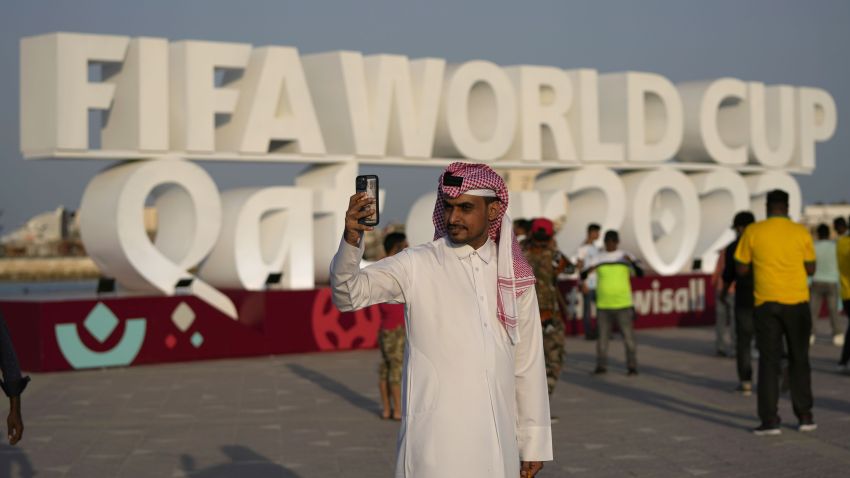All the controversies surrounding the 2022 FIFA World Cup could, in theory, be traced back to Los Angeles and the city’s leaders who agreed to host the 1984 Summer Olympics. But it wouldn’t be fair, really.
After all, how could they have known that they would become the only city to turn a profit by hosting the Olympic Games? How could they have known that, in doing so, they would spur countless other governments to try and do the same, and that cities would go into massive debt in the process? And how could the City of Angels’ leaders have known about the corruption, human rights violations and “sportswashing” that would follow in the wake of their success?
Of course, they could not and did not know. But the financial and cultural success of the 1984 Summer Olympics did, albeit indirectly, lead more and more nations and municipalities to vie for the chance to host the Olympics and the World Cup and—at least in theory—reap the benefits. And it made the representatives of those nations and municipalities increasingly willing to do or say anything to win the hosting rights. In the decades that followed 1984, bids became increasingly ambitious. Budgets soared. And relatedly, corruption in the selection process skyrocketed.

